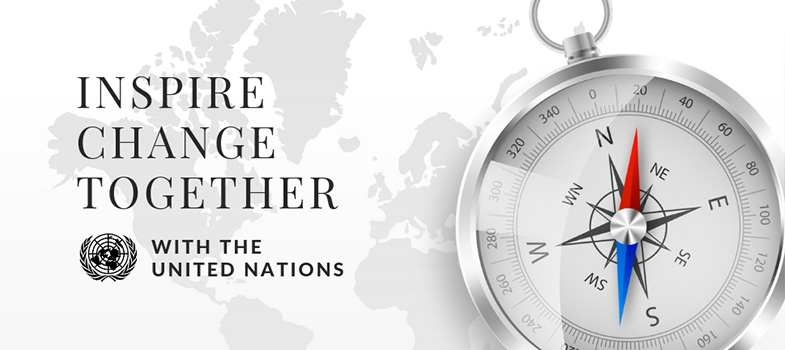5.4 Practical wisdom
The following activity is included in E4J Ethics Module 10 (Media Integrity and Ethics). It can be used to highlight the concept of practical wisdom, which is key to the virtue ethics approach to morality.
Activity 5.4 The rise of fake news 
Ask your students to watch a short documentary [Tip: hold Ctrl and click a link to open it in a new tab. (Hide tip)] that shows fake news 'factories' in FYR of Macedonia (now North Macedonia).
How could you use this video to engage your students in discussing how to discern between fake news and authentic journalism?
Answer
There are a number of ways in which you could approach this, depending on your particular context.
One approach could be to generate short discussion of the documentary with the whole class. Then you could ask students to work in pairs to find an authentic news story and also create a fake news story on a similar theme. Depending on the time available and the size of your class, select a number of pairs to present their authentic and fake stories. The rest of the students must distinguish the true from the fake news and facilitate a discussion around that.
If you have sufficient time, a good way to finish this activity is to screen the TED Talk: Think like a Journalist.
This TED Talk has a funny personal beginning that relates well to the main theme of ethical, trustworthy journalism and argues that re-sending social media news content makes all of us instant reporters. This is an excellent transition from the big picture of media ethics to the media ethics of the individual and can help students think about practical wisdom – how a virtuous person would respond to fake news.
As a news reporter for the Plano Star Journal newspaper, Kelsey Samuels delivers a talk on fake news, disinformation, dangers of silo social media and the role of the media as well as the role of the consumer of media in our Internet age. She uses her personal experiences from high school, as a university student, and later as a young journalist, which will help the issues seem relevant to your students.
5.3 Virtue ethics
